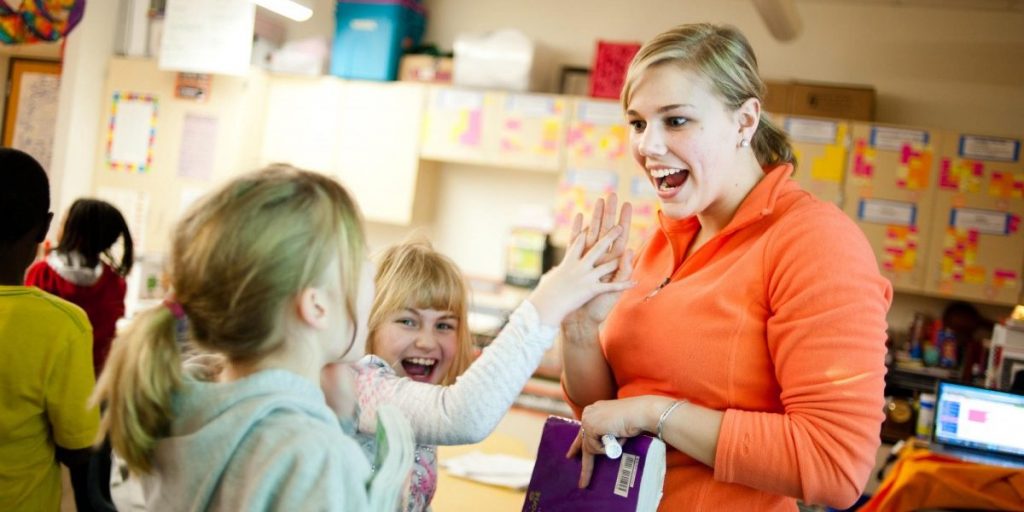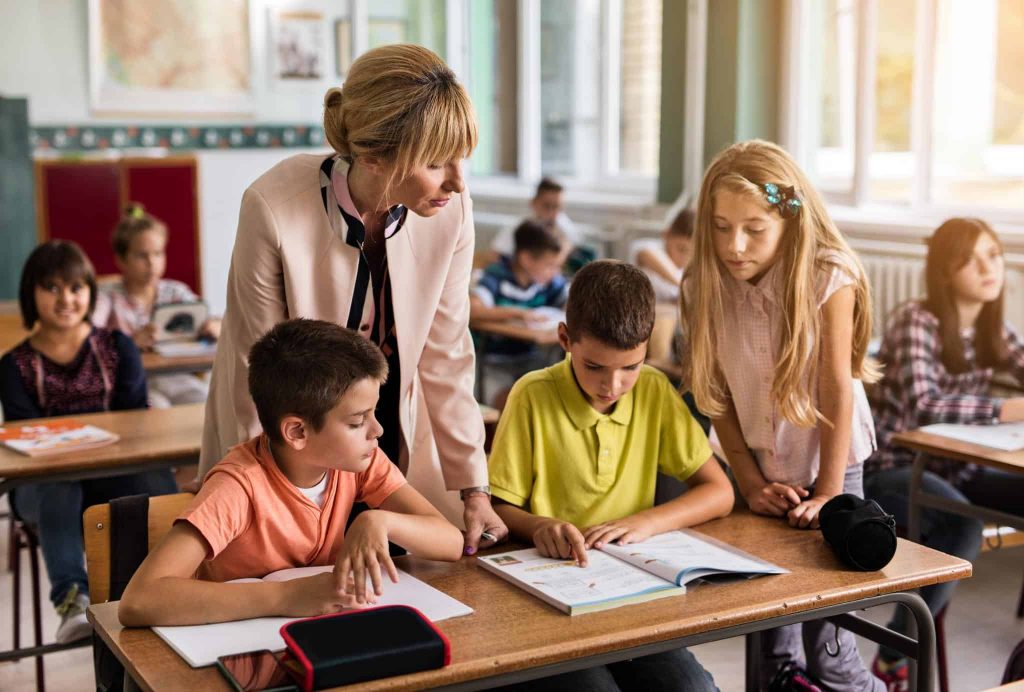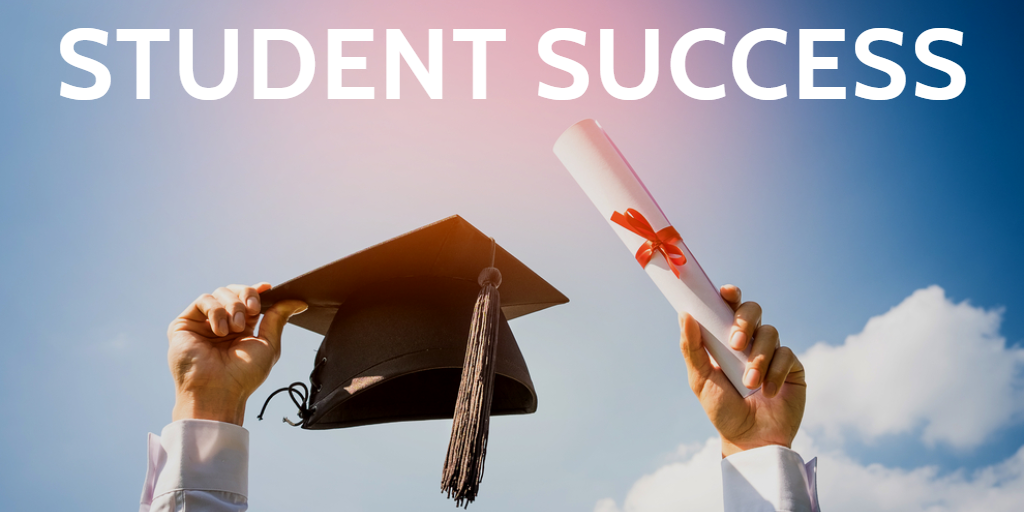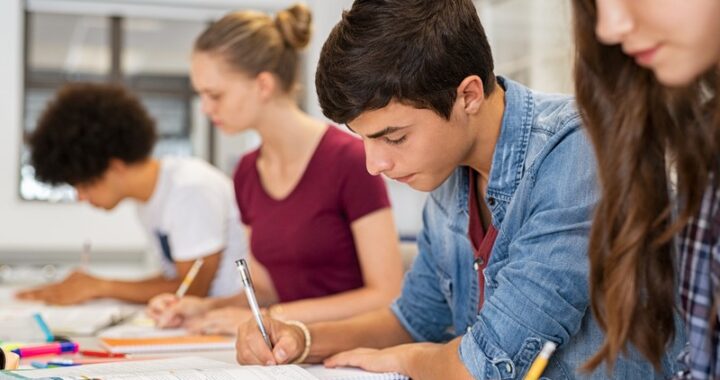Cause and Consequences of Teacher-Student relationship
4 min read
In an academic world, a teacher-student relationship means a lot. It has a great significance and it is a strong point in making learning environment easy and reliable. The basic cause of having or creating a relationship between teacher and student is to create an academic connection between the curriculum, learner, and teacher. Usually, Students get attached to their instructors to get more good interaction and understanding of curriculum and learning.
Cause and need of building Teacher-Student Relationship
This Teacher-student relationship is caused due to the academic environment. The main cause is, students, when they get such interaction with a teacher, try to grasp more attention and build a relationship. It helps them getting the syllabus and everything comes off academics. To be in a good relationship with a teacher, students learn more about, life, etiquettes, ethics, manners, and sophisticated formal behaviour. Teachers who establish excellent relationships with their students create more optimal learning environments and satisfy their learners’ developmental, sentimental, and intellectual needs.

Examples of what causes the Teacher-Student relationship
One who tries to approach his or her teacher is eager and firmed to build a Teacher-Student relationship. He thinks his instructor would be genuinely interested in his achievement. The student chooses to share the news that he recently received a part in a community play with him. Even though most of the children in the class have progressed beyond this task. A youngster who is failing in arithmetic demonstrates comfort in confessing to his instructor that he needs help multiplying and dividing fractions.
Consequences of Having Teacher-Student Relationship
Ultimately, a student and teacher interact with each other building a Teacher-student relationship with several consequences. There we move with a few of them:
Ø Positive Long-term consequences
Students’ connections with instructors have significant, positive, and long-term consequences for both academic and social development. Improving students’ connections with their instructors alone will not result in increased success.
Ø More engagement in Studies
A student has a strong personal connection with the instructor, communicates with the teacher regularly, and receives more constructive feedback and appreciation from the teacher rather than just criticism. The student is more likely to respect her instructor, be more engaged in studying, behave better in class, and reach higher academic levels.
Ø Higher Levels of Students’ success
Students who have tight, pleasant, and supportive connections with their instructors, on the other hand, achieve higher levels of success than students who do not. Teachers who have good connections with their pupils say that their students are less inclined to avoid school, look more self-directed, collaborative, and motivated to learn.

Ø Better classroom environment
When a teacher uses practices that demonstrate caring toward students and practices that foster the interpersonal skills of the students, students are less likely to reject one another.
How can we cultivate a better, positive, and strong Teacher-student relationship?
As a good teacher, show your satisfaction and enjoyment of students. Interact with students responsively and politely. Assist students. For example, answering questions promptly, providing support that meets students’ needs, to reach academic and social goals.
Avoid displaying impatience or annoyance with pupils. Recognize the role of peers in schools by encouraging students to be compassionate and respectful of one another. Assist students in reflecting on their thinking and learning abilities. Understand and display an understanding of individual students’ histories, interests, emotional strengths, and academic levels.
More to do
Take an effort to get to know and communicate with each student in your classroom. Always address them by their names, find out data about their hobbies and attempt to understand what they need. Create a favorable environment in your classroom by concentrating not just on your connections with your pupils, but also on the relationships among your students. They notice if you are friendly and respectful to them, other students, and adults at your school. They will frequently model their behaviour after yours.
The teacher-Student relationship, a process of academic and social maturity
The teacher-Student relationship is a process of student’s social growth and maturation. So, a teacher’s role is as vital as he modifies the ways of perception, imitation, and thinking of a student. Creating a positive rapport with a non-parental authority figure permits students to describe themselves. It helps them adapt to their environment, grow their social and emotional intelligence. From the beginning till the end of the learning process, it creates another phase of learning. Every moment students raise their level of understanding socially and emotionally. Guts, skills, and determination is always required for addressing a teacher privately to take an approach of learning and growing.
Thus we can say conclusively, a good Teacher-Student relationship is always a result of better communication, good skills, and strategies from both sides.






